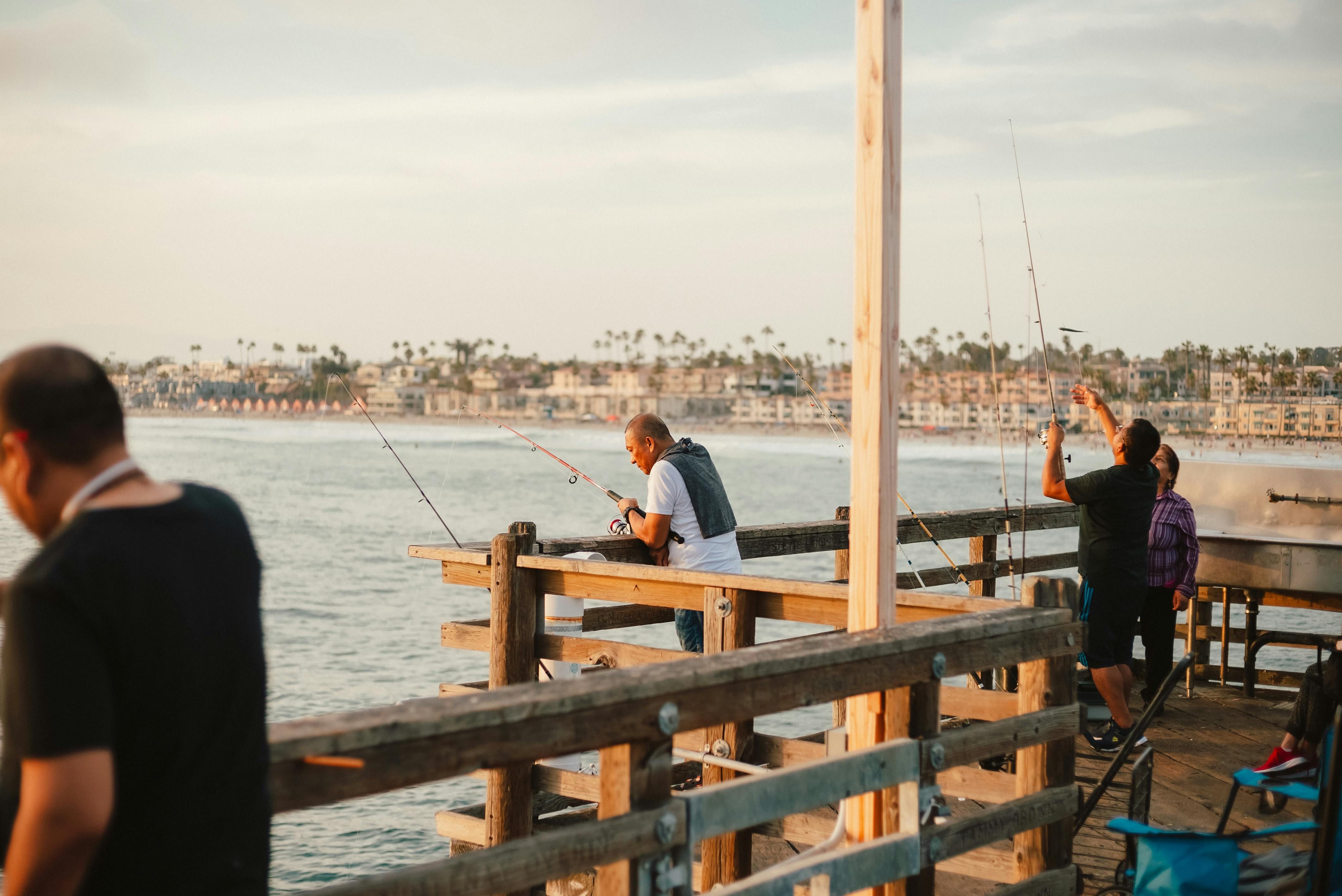Unraveling the BGH Ruling and Its Potential Implications on Illegal Gambling
Following the BGH decision on snowball gaming systems: Legal expert spots potential claims for harmed gamblers in underground betting
The German Federal Court of Justice (BGH) made a significant move on 06.03.2025 with its ruling in the case number III ZR 137/24. It laid down new guidelines for companies that could be involved—directly or indirectly—in illegal Ponzi schemes via their management or board of directors, making them liable for such activities.
Legal expert Istvan Cocron foresees an intriguing parallel between this ruling and the world of illegal gambling (This guy's got an eye for detail!). He posits that the gambling sector, rife with interconnected companies, could find itself snared by this newly tightened BGH jurisdiction.
Such developments have turned the tables with individual organs in a network (e.g., payment service providers or software companies) becoming liable not only individually but collectively. This means that those supporting shady business models such as illegal Ponzi schemes or gambling could risk being held accountable for promoting and facilitating such activities.
This BGH ruling, in conjunction with § 31 BGB, may open the door for various companies to be targeted as part of a broader crackdown on illegal platforms.
The War on Infrastructure: A Fresh Approach to Illegal Gambling
The Joint Gaming Authority of the States (GGL) recently sent out a stern warning to casino software provider The Mill Adventure following a data leak uncovered by IT security researcher Lilith Wittmann. Experts see this as an opportunity to pinpoint and tackle infrastructure that props up illegal sites, with the potential for future action against such platform providers.
The GGL is also pushing for restrictions on payment providers and internet blocking to prevent deposits into illegal gambling sites and their overall accessibility. However, they tread carefully to skirt around legal complications.
There's a sense of industry solidarity: The gambling provider Tipico launched a campaign to reward companies that keep their slot software within the legal sphere.
Bridging the Gap: Legal Recognition on the Horizon?
Cocron considers the BGH ruling's interpretation as a promising starting point for recovering losses caused by illegal gambling providers. Though liability through participating companies serves as a "legal lever," it remains uncertain whether this argument will translate to successful outcomes in court or if future rulings specifically addressing gambling will crystallize the legal landscape.
Whether this approach ultimately proves effective in practice or culminates in clearer legal guidelines remains to be seen.
Did You Know?1. The BGH plays a pivotal role in shaping German law and has the power to significantly influence conduct in various sectors, including gambling.2. The liability of companies participating in illegal gambling could lead to financial penalties, damage to reputation, and legal action.3. Clarity regarding what constitutes illegal gambling and how companies can comply with existing laws leads to more stringent regulations and enhanced consumer protection.
- In the realm of crime and justice, other lawsuits against interconnected companies supporting illegal gambling might arise, following the BGH's ruling on Ponzi schemes and its implications for the gambling sector.
- The joint effort by authorities like the GGL to target infrastructure backing illegal gambling platforms is set to intensify, potentially leading to legal action against software providers, payment service providers, and even internet blocking measures.
- With the BGH's ruling serving as a foundation, there's hope for recovering losses caused by illegal gambling providers and developing clearer legal guidelines, thereby improving consumer protection and stringency in the industry.
- As the legal landscape evolves around illegal gambling, various companies might face financial penalties, damage to their reputation, and legal action if found to be participating in or facilitating such activities.






